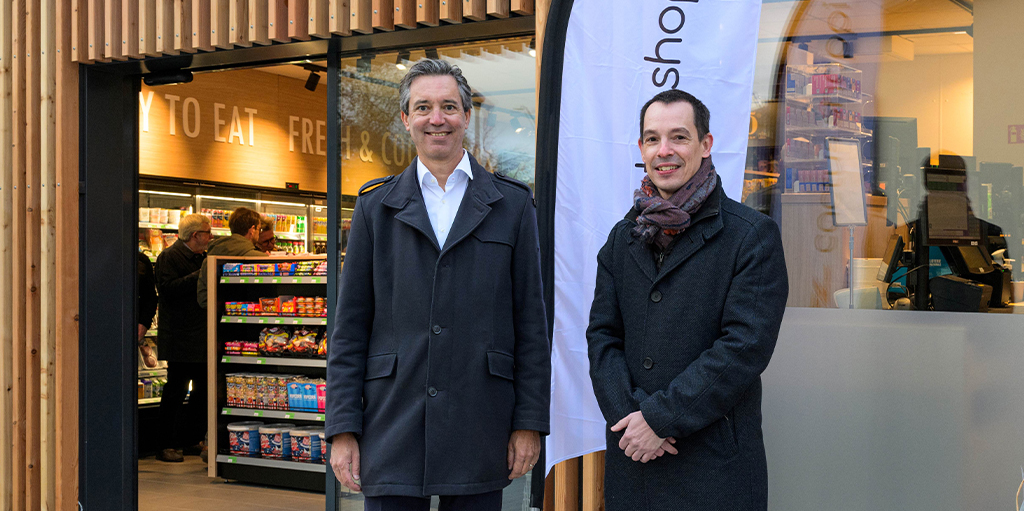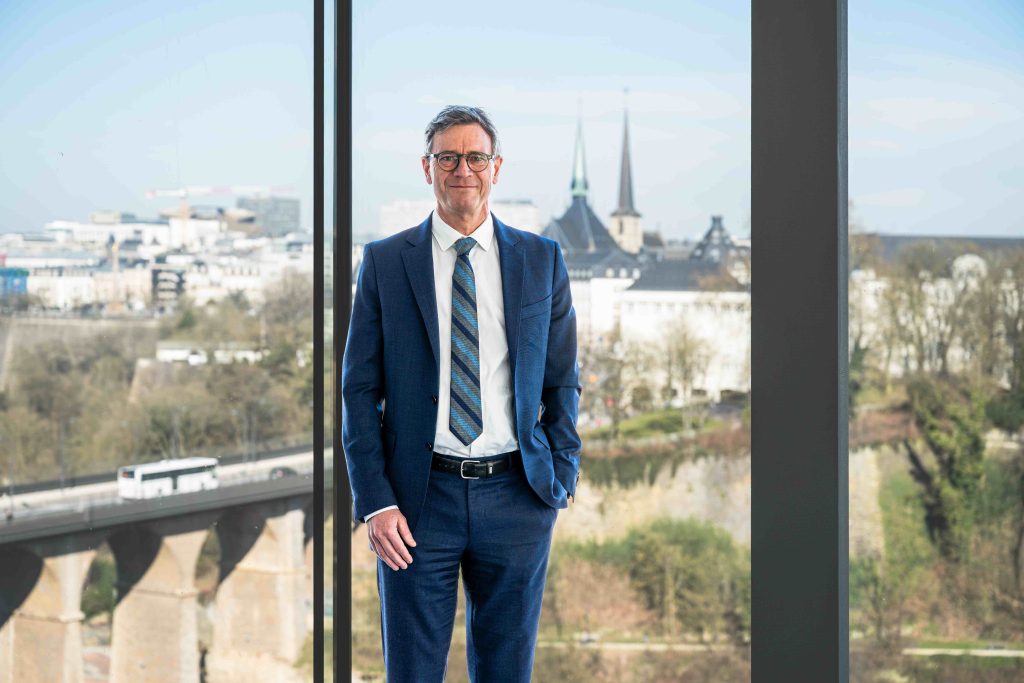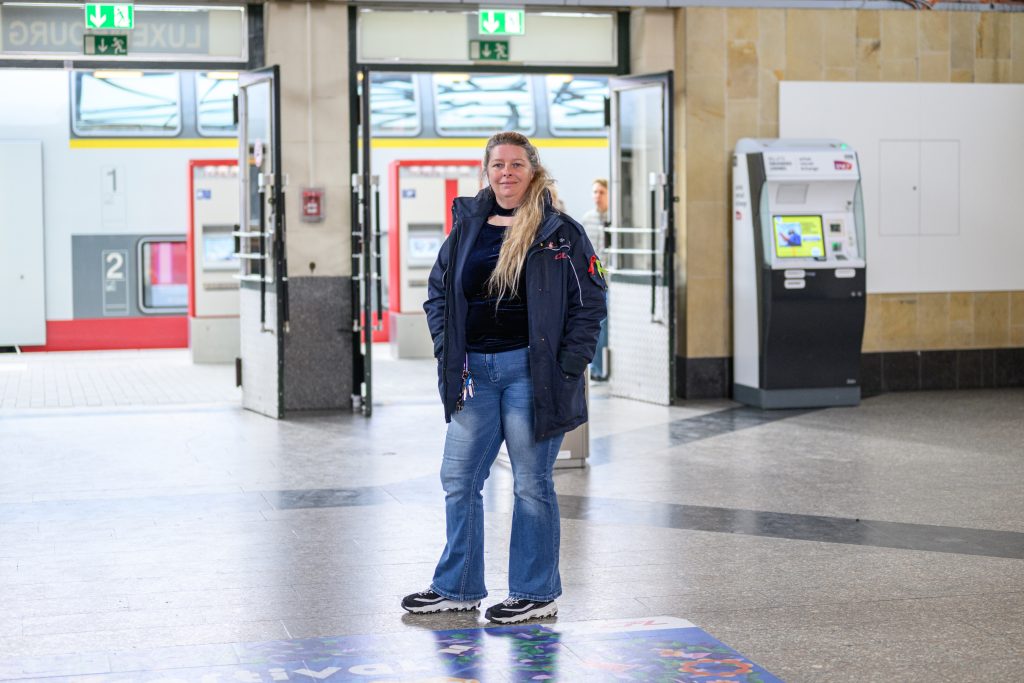
“We must ensure that every child has the same opportunities”
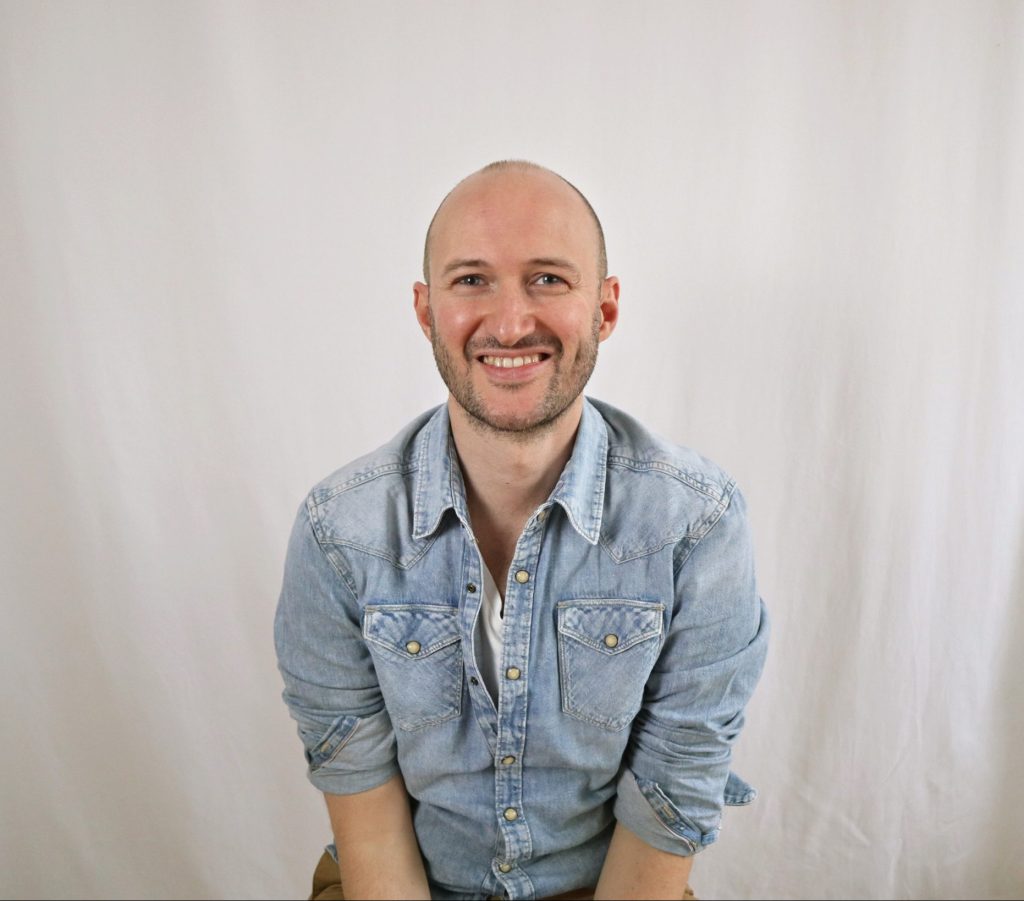
World Children’s Day is celebrated this Sunday 20th November by Unicef, in a context of multiple crises. Paul Heber, Chief Communication Officer at Unicef Luxembourg, discusses the importance of protecting Children’s rights as a guarantee for a brighter future for the whole of society.
What barometer of Children’s rights could we draw up at the end of 2022?
“Despite clear progress leading to a downward trend in the global child mortality rate, being a child has probably never been as difficult as it is in today’s world. Many children have to live and grow up with the sound of bombs or in precarious conditions. Not to mention the consequences of the Covid-19 pandemic, which affected almost every child in the world.
What are the impacts of the pandemic on children?
“With regard to the COVID-19 pandemic, we conducted two national studies by asking them directly for their opinion, to better understand their feelings. The least we can say is that the pandemic has left its mark on children. Although they were less affected by the direct effects of Covid-19, they felt the indirect effects, such as confinement and home schooling. The most vulnerable children suffered most from the lack of interaction with their school environment. While many children and young people enjoyed spending time with their families, they missed their contacts outside this private space.
Moreover, one in four children in Luxembourg is considered as poor. This means, in short, that these children are excluded from social life. These living conditions obviously also had a big impact on their mental health during the critical phase of the pandemic.
“The whole of society can benefit from the better conditions offered to children who will become fully developed adults and will, in turn, make society benefit from their full potential.”
Paul Heber, Chief Communication Officer at Unicef Luxembourg
How do you explain the fact that one child in four is at risk of poverty in Luxembourg?
“We all know that life is becoming more expensive in an inflationary context. An aggravating factor is, among others, the rise in housing prices. We also notice this through our studies and the recent Statec figures. And the gap continues to widen.
For many children, the situation remains pleasant in a country that, a priori, offers a certain comfort of life. For those at the ‘bottom’ of the social ladder, the situation becomes more complicated or even worse with each crisis. The challenge for society is to ensure that every child has the same opportunities to become a fully aware and capable adult. Perhaps a child today will be able to find the cure for cancer. But without the right conditions for education, that cure may never be found…
How can we achieve greater equity between children in Luxembourg?
“Social status remains a determining factor for the state of mental health of children and the respect of their rights. Often, disadvantaged children are deprived of their full potential and fall into a vicious circle of poverty, from which it is very difficult to escape.
We do not dream of a utopian world, but we believe that Luxembourg has enough resources and good will to reduce existing inequalities. Because the whole of society can benefit from the better conditions offered to children who will become fully developed adults and will, in turn, make society benefit from their full potential.
What role can Luxembourg play in defending the Children’s rights affected by international conflicts, particularly in Ukraine?
“Our teams in Ukraine have been strengthened since last February to intervene on the ground with children at all stages of their lives, whether it be nutrition, protection, health and of course education. We were already there before 2014 and we will remain there as long as necessary. And this despite the deplorable and volatile conditions. The education of children must continue. Otherwise, the country could run the risk of having a lost generation that will have difficulty participating in the reconstruction of their country.
From Luxembourg, we continue to raise awareness and funds from various stakeholders, ensuring that mobilisation does not wane over time. We are engaged in a long-term fight for solidarity. Fortunately, we note that many individuals and companies continue to support us financially. Everyone can get involved and act in their own way so that hopefully this invasion will end soon and we can start with long-term projects.
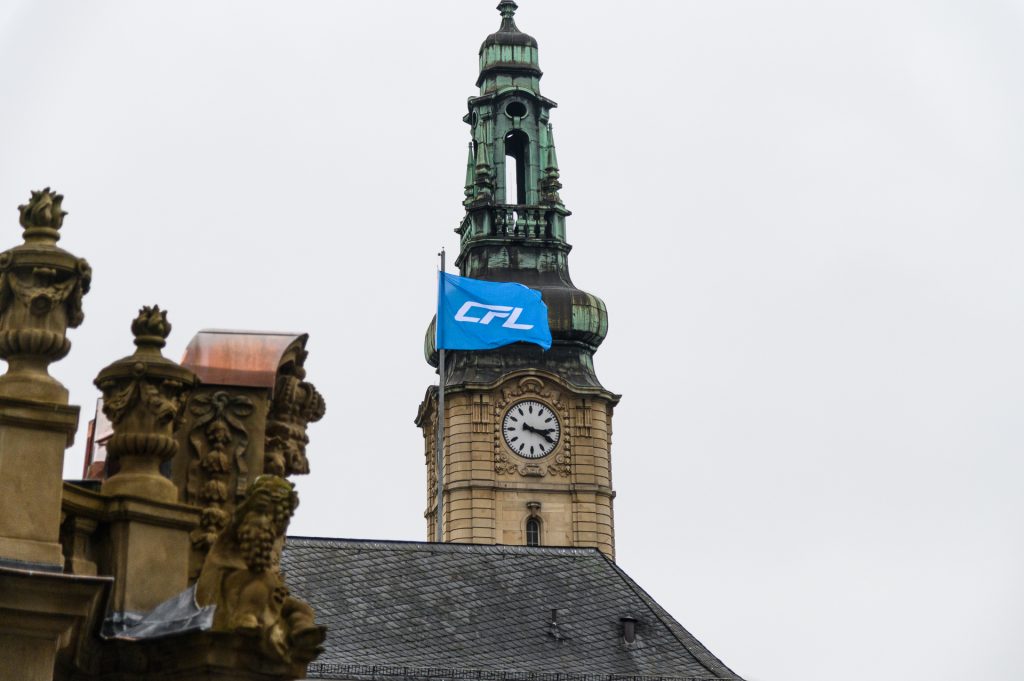
What awareness-raising activities are you planning for the World Children’s Day on 20 November?
“Unicef blue used to light up various public buildings and company headquarters for the occasion. But the energy crisis has made us rethink our action, which this year is moving into the digital world around the keyword #GoBlue. We invited everyone to wear the blue color on their website and social networks, by tinting their company or institution logo in this way.
Although we are not affiliated with the World Cup in Qatar, sport, and therefore football, remains an important vehicle for reaching children in many countries. That is why we have also launched a challenge on social networks to make the biggest virtual “ola” in Luxembourg. The result will be published on video this Sunday 20 November.
Together with the Zentrum für politesch Bildung and the Justice and Judiciary Administration, we also organised a fake trial where young people put themselves in the shoes of justice actors through a role-playing game. This allows them to be made aware of the functioning of justice and Children’s rights.
Each company and institution is also invited to use our toolkit to promote World Children’s Day, allowing them to participate independently and according to their approach.
That said, children’s rights count 365 days a year, beyond World Children’s Day.”
